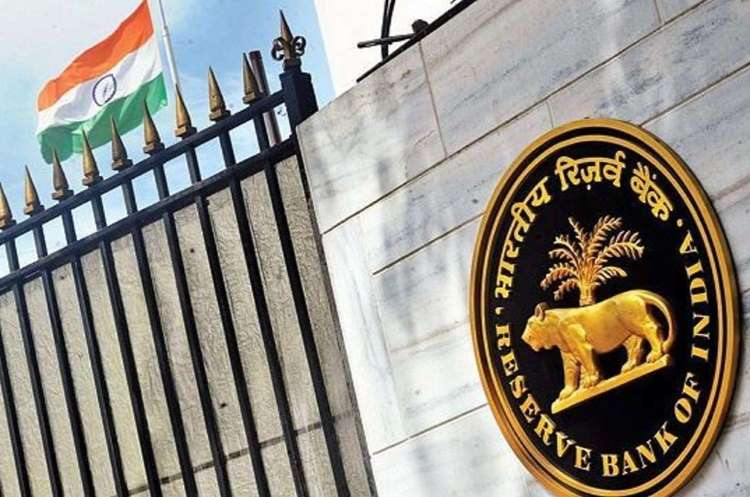
The Reserve Bank of India last week said it has finalised an omnibus framework for self-regulatory organisations in the financial sector. This comprehensive directive seeks to refine the operational ethos of SROs and to bolster the overarching compliance and governance within the sector. The framework envisions SROs as pivotal entities, nurturing a compliance-centric culture while fostering innovation and equitable practices across the financial ecosystem.
SROs are industry-led bodies empowered to establish and enforce ethical and professional standards among their members. This framework seeks to transform SROs into active partners in regulating the sector, fostering a culture of compliance while promoting innovation and fair practices.
The framework emphasises the promotion of a compliance culture among regulated entities, with a particular focus on extending support to smaller players. This strategic move showcases the central bank’s intent to create an inclusive financial environment where every entity, regardless of its size, adheres to the highest standards of regulatory and ethical norms. The directive to encourage research and development within the sector reflects a forward-looking approach to balance stringent compliance with innovative growth, ensuring that the sector’s evolution is both responsible and progressive.
READ I Single SRO or many? India’s fintech sector gears up for self-regulation
Strengthening governance and transparency
At the core of the framework lies the imperative for SROs to function beyond self-interest, addressing broader industry and financial system concerns. This aligns with the RBI’s vision of SROs as impartial stewards, fostering fair and transparent practices across the board. The mandate for SROs to develop a non-discriminatory membership fee structure and to establish comprehensive dispute resolution mechanisms further delineates the RBI’s commitment to equitable treatment and robust governance within the financial sector.
An integral aspect of the framework is the emphasis on sector-specific standards and knowledge dissemination among SRO members. The framework encourages SROs to develop best practices tailored to the unique needs and challenges of their respective sectors. This approach not only enhances the relevance and effectiveness of self-regulation but also promotes a deeper understanding of sector-specific dynamics among regulated entities. By disseminating sector-specific information and facilitating the exchange of expertise, SROs can significantly contribute to the overall resilience and efficiency of the financial sector.
A regulatory framework for SROs
The RBI envisages SROs as allies, playing a crucial role in aligning industry practices with regulatory expectations. This collaborative model is designed to enhance compliance, protect stakeholder interests, and catalyse innovation within the sector. By requiring SROs to promptly report violations and maintain transparent communications with the RBI, the framework ensures that regulatory oversight is both proactive and effective, mitigating risks and fostering a stable financial environment.
The framework emphasises the SRO’s role in acting as a bridge between regulated entities and the RBI, fostering a collaborative environment that is conducive to financial stability and innovation. The SROs are expected to protect the interests of customers, depositors, and other stakeholders, ensuring that the financial ecosystem operates in a fair and transparent manner. This responsibility extends to providing education and raising public awareness about the financial sector’s operations and the available grievance redress mechanisms, thereby enhancing the overall trust and confidence in the financial system.
An integral aspect of the framework is the emphasis on sector-specific standards and knowledge dissemination among SRO members. The framework encourages SROs to develop best practices tailored to the unique needs and challenges of their respective sectors. This approach not only enhances the relevance and effectiveness of self-regulation but also promotes a deeper understanding of sector-specific dynamics among regulated entities. By disseminating sector-specific information and facilitating the exchange of expertise, SROs can significantly contribute to the overall resilience and efficiency of the financial sector.
The framework can benefit by incorporating global best practices in SRO governance. For instance, international models often emphasise a strong presence of independent directors on SRO boards to ensure objectivity in decision-making. Similarly, information sharing among SROs across different sectors can enable cross-pollination of ideas and best practices.
The framework is a significant step towards enhancing the regulatory architecture of India’s financial sector. By delineating clear guidelines and expectations for SROs, the RBI is setting a new benchmark for self-regulation, emphasising transparency, accountability, and innovation. This initiative not only strengthens the regulatory framework but also paves the way for a more dynamic and resilient financial system, where compliance and growth go hand in hand. As these guidelines come into effect, they will undoubtedly shape the future of financial regulation in India, ensuring that the sector remains robust, fair, and forward-looking.
